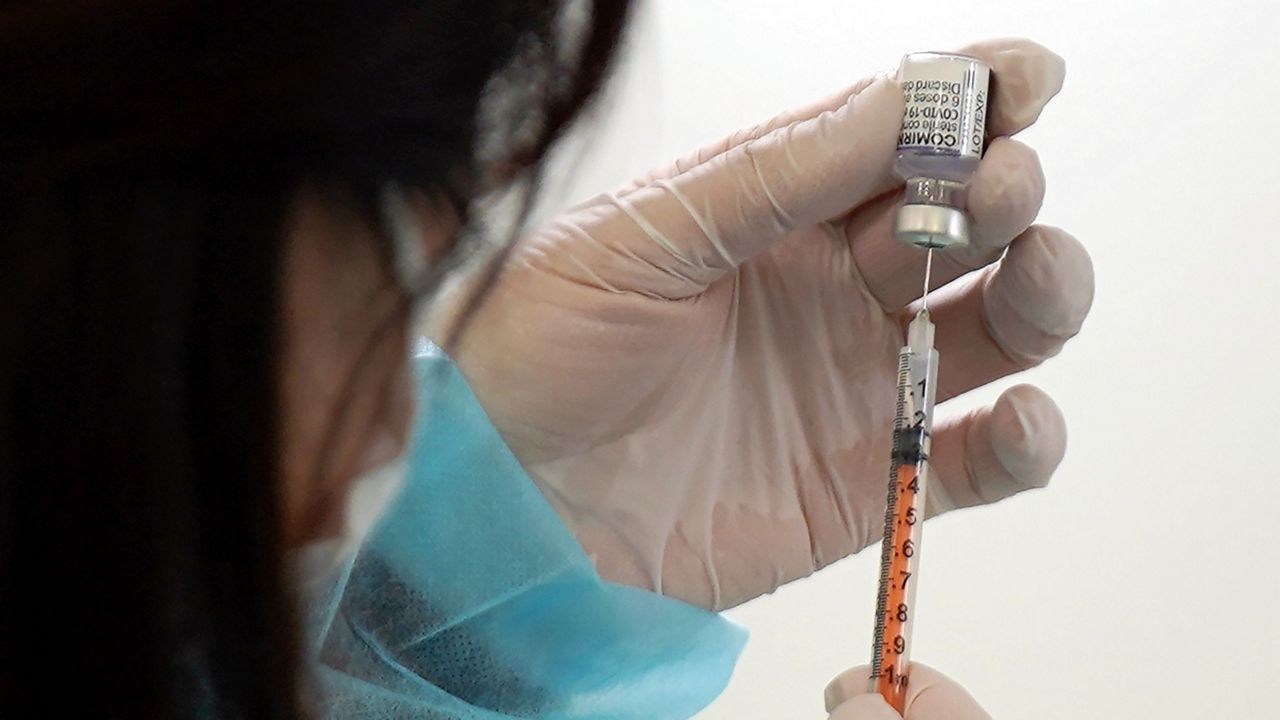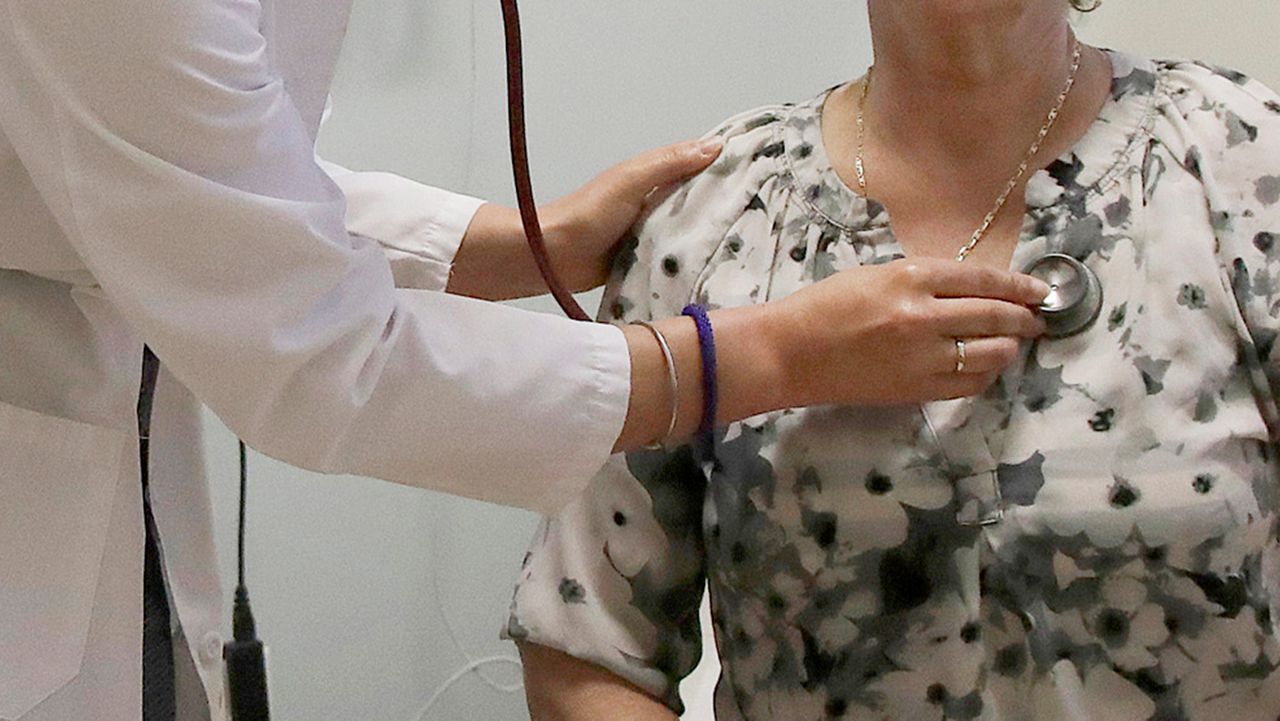CHAPEL HILL, N.C. — The vice presidential visit to North Carolina on Thursday caught the eyes of many around the state, including health experts.
University of North Carolina has an Environmental Protection Program on campus
Dr. David Peden is a pediatric allergist and immunologist and an expert on asthma
He says the U.S. will benefit from Inflation Reduction Act
Vice President Kamala Harris touted the new Inflation Reduction Act in Durham.
On the heels of her trip, a doctor said the air we breathe could become cleaner for those with chronic lung illnesses because of what is inside the IRA.
“Long term, the most important thing to do is to reduce the air pollution and the carbon load in the air as much as we can,” Dr. David Peden said.“Long term, the most important thing to do is to reduce the air pollution and the carbon load in the air as much as we can,” Dr. David Peden said.
Peden specializes in the effects of air pollution on asthma. He oversees much of the work at the EPA program on the University of North Carolina’s campus at the Center for Environmental Medicine.
“Our research is based on understanding how humans respond to air pollution,” he said.
As the medical director of the EPA program at UNC he is happy to draw attention to their work.
“Sometimes we’re comparing people with, say, asthma to healthy people to see if asthmatics are more susceptible,” Peden said.
To do that, the lab crew, mostly undergraduates and students applying to medical and graduate schools, tests how lungs respond to air pollutants. In order to learn how it affects the airways, they ask a patient to produce sputum — or in layman's terms — a lot of spit.
“So we can understand how inflamed the person was and what biomolecules are present in the sputum that might cause someone to be inflamed,” Peden said.
Yet it’s what happens outside the lab in the elements that determines their findings.
He said burning fossil fuels has a direct effect on people suffering from asthma.
Peden has more than 30 years of experience as a pediatric allergist and immunologist. He sees patients at UNC Health. The asthma expert said while each of those appointments treats an issue relative to the child, the exam room isn’t where the world’s problems get fixed.
“What we know is that the single best approach to reducing air pollution-related disease are policy-based measures, not individual one-off medical measures,” he said.
The IRA will track methane emissions. In essence, it will be enforcing tougher regulations on industries producing mass pollutants.
“It's policy change, which are laws that either directly regulate or incentivize people to do less polluting things, that will ultimately improve the atmosphere and consequently, improve the lung health for people,” he said.
Peden said the general population stands to benefit as well, even though his focus is mostly on children.
“The most susceptible people that we have good numbers for are asthmatics,” he said.
Peden said the two most significant pollutants triggering asthma exacerbation are ozone and particulate matter.
The doctor said particles are the residuals of burning coal, wood, peat and sometimes gasoline.
Asthma can be a disrupter of daily life. Peden said the disease can interfere with a child’s day and interrupt a parent’s ability to work. There are economic and health outcomes at stake.
“It remains an important problem. Especially in underrepresented minority populations where people that live in areas where the air isn’t cleaner. If you live very close to a heavily traveled road,” he said.
In terms of how soon the changes can take hold, Peden said it is hard to predict.
“It really depends on how quickly industries are able to change, how quickly we use less carbon-based fuels,” he said. “But if you don’t start now, you won’t get there and we definitely need to start now.”
EPA director Michael Regan said the IRA will result in 100,000 fewer asthma attacks and a 40% reduction in greenhouse gas emissions in the U.S. by 2030.
Peden and his lab team consistently looks for ways to stifle the effects of air pollution. Ultimately, he said their goal is to even provide therapies for those who are unavoidably exposed.









